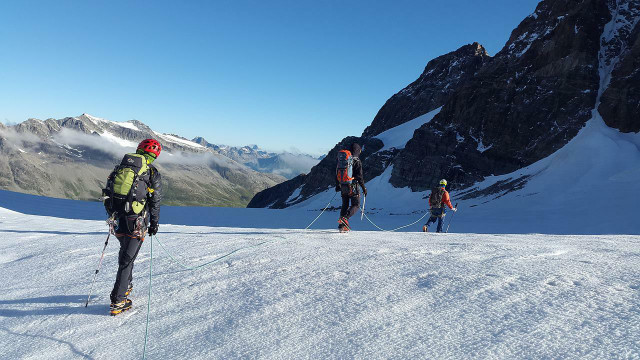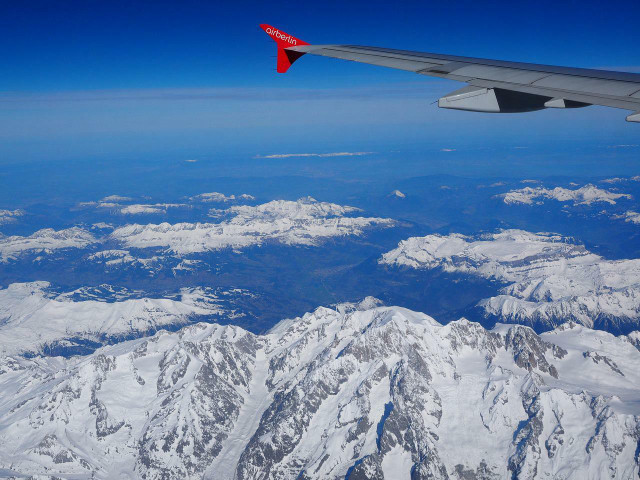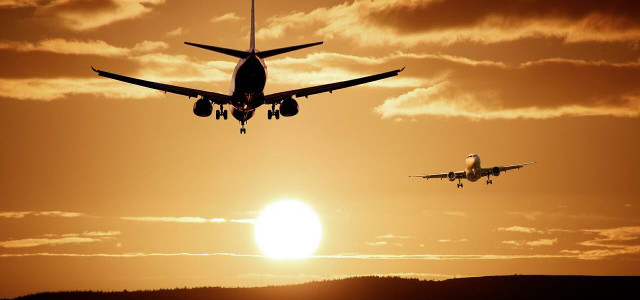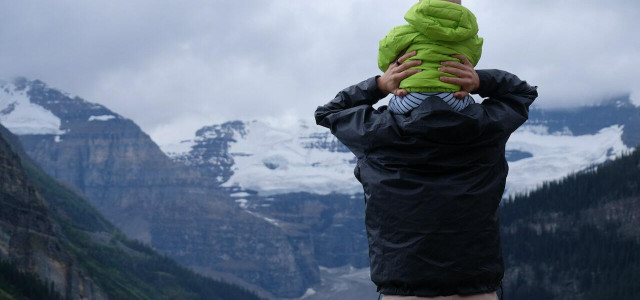Getting altitude sickness is never fun, but preventing it is possible. Read on for tried and tetsed tips for treating and preventing treat altitude sickness.
Generally, altitude sickness is defined as nausea and dizziness that occurs after traveling to a high altitude too quickly. Despite usually being found in high-altitude hikers and climbers, altitude sickness can sometimes occur in an acute form in flyers after a long haul flight.
What Is Altitude Sickness?

As previously mentioned, altitude sickness or ‘mountain sickness’ is usually the result of our bodies struggling to adjust to lower air pressure and oxygen levels. This usually occurs after moving from one altitude to a higher altitude too quickly. The symptoms and variety of this condition, however, are more vast than you might initially imagine.
After hiking a high-altitude mountain, national park or undertaking a long hike in general, you are more likely to get a moderate or severe case of altitude sickness. The symptoms of this can range from tiredness and insomnia to confusion, shortness of breath, and trouble walking.
However, altitude sickness from long-haul flying usually differs considerably from this. Generally, this form of altitude sickness is often acute and said to feel similar to intoxication. Symptoms can include a headache, loss of appetite, trouble sleeping, and a general lack of energy as well as nausea and dizziness.
If you have already begun to develop symptoms of altitude sickness, there are several natural ways that you can try to help your body acclimatize. These include climbing down to a lower elevation to rest if hiking, avoiding excessive exercise for 24 hours after the symptoms appear, and hydrating yourself. As with in hiking poor or rainy weather or walking the winter months, it is best to be prepared by trying to prevent altitude sickness before it has the chance to occur.
Here are seven natural tips that you can use to prevent altitude sickness both while flying and while hiking.
1. Travel Slowly
As altitude sickness often occurs when our bodies struggle to acclimatize to drops in oxygen and air pressure levels, monitoring the elevation you have traveled so far is important and probably the best way to prevent altitude sickness. Generally, it is advised when hiking to not increase your altitude by more than 1,000 ft. per day and to take a rest day for every 3,000 ft. you climb.
2. Keep Track of Carbs
When hiking or traveling at a high altitude, keeping track of your diet can be used as a natural remedy for altitude sickness. From a scientific perspective, carbohydrates contain a large amount of sugar and need less oxygen to be broken down. By eating foods such as pasta and bread as well as anything else rich potassium before a long hike or flight, your body will be able to better maintain its energy levels.
3. Practicing Breathing Techniques
Being at a high altitude, especially when hiking, is already a great way to relax and get out of your head. However, it is still important to make sure you breath properly and avoiding hyperventilation to prevent altitude sickness.
To avoid taking smaller breaths and limiting your oxygen intake, try techniques such as the 6-7 or 4-3 method. These methods of breathing and relaxing, especially 4-3, are known to help your body in getting used to a new elevation level as well as in preventing tiredness. For more methods of breathing for relaxation, try our guide to the 4-7-8 method.
4. Catch Up on Sleep



Although you may be tempted to pull an all-nighter whilst hiking, it is important to get as much rest as possible before and during your flight to allow your body the energy it needs to fight off altitude sickness. Similarly, getting a good night’s sleep, especially if you are planning to travel abroad for a hike is also of importance as your body is both in need of more energy than usual and is adjusting to a new time zone.
Beating exhaustion is already important during regular day to day life, but as previously mentioned, it is recommended that you take a rest day for every 3000 ft. climbed and refrain from pushing yourself any further if you do begin to feel the symptoms of altitude sickness.
5. Keep Naturally Hydrated
As always, keeping hydrated is an effective natural remedy for keeping your body healthy. Drinking a good amount of water and getting enough electrolytes can help in reducing headaches and alleviating the effects of dizziness often seen in people with altitude sickness. For climbers, it is usually advised that you drink at least three to four liters of water each day whilst climbing and two liters on your rest days.
6. Avoid Stimulants
Despite being helpful as a quick source of energy or temporary antidote to traveler’s anxiety, avoiding stimulants such as alcohol, coffee, tobacco, and sleeping pills before a big flight or ascent is usually advised. This allows your body to feel more relaxed and prepared to cope with a day of travel as it is not preoccupied with trying to process these substances (for help on managing anxiety whilst using transport, check out our guide to overcoming travel anxiety). Alcohol too can similarly dehydrate your body and has a higher chance of impairing your judgment when drank at high altitudes, so it is best to be avoided whilst hiking also.
7. Talk to Your Doctor
Although many of these natural remedies can help prevent altitude sickness and manage acute symptoms, it is always best to seek medical attention if your symptoms become worse or unmanageable. As well as advising you on how to travel and climb if you have any chronic medical problems, your doctor will be able to better inform you on what to do in an emergency and prescribe preventative medications if you are prone to severe altitude sickness.
Read more:
- 14 Surprising Animals in Yosemite National Park
- How to Beat the Heat: 6 Tips for Keeping Cool this Summer
- 10 of The Best Hikes in Southern California
Important Information regarding Health-related Topics.
** Links to retailers marked with ** or underlined orange are partially partner links: If you buy here, you actively support Utopia.org, because we will receive a small part of the sales proceeds. More info.Do you like this post?








